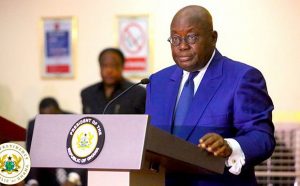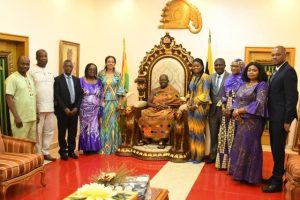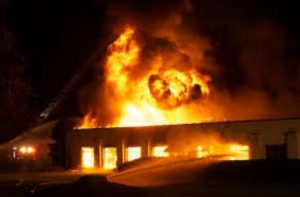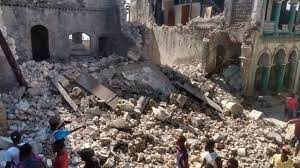The ECOWAS Regional Electricity Regulatory Authority’s (ERERA) workshop on Fundamentals of Regulation and Introduction to the ECOWAS Regional Electricity Market for its Network of Communication Experts is underway at Akosombo in the Eastern Region.
The four-day workshop is being attended by 13 participants drawn from the Electricity Regulatory Authorities of ECOWAS Member States.
Of the total number of participants, Ghana and the Ivory Coast had two each, while Burkina Faso, Togo, Benin, Nigeria, Niger, Senegal, The Gambia, Liberia and Sierra Leone had one each.
However, Guinea and Mali were excluded due to their suspension over military takeovers.
Guinea Bissau on the other hand is not attending because it is yet to establish an electricity regulatory body.
Whereas Cape Verde, an island nation is not participating because it is not part of the mainland of West Africa.
The workshop is part of the ongoing Technical Assistance of the European Union (EU) to ERERA relating to the EU-funded programme on Improving the Governance of the Energy Sector in the ECOWAS region (AGOSE-AO).
A key component of the programme focuses on building the capacity of key stakeholders on the regulatory framework of the ECOWAS Regional Electricity Market.
In this regard, the role of communication experts in promoting the visibility of the development of the regional market, predicated on effective regulatory frameworks, is considered as an important factor in the overall success and sustainability of the regional electricity market.
The overall objective of ERERA’s Capacity Building Programme relating to the development of the regional electricity market is to build and enhance the capacity of key stakeholders on the regulatory framework of the ECOWAS Regional Electricity Market and on the fundamentals of electricity regulation.
Mr Baba Gana Wakil, Resident Representative of the Economic Community of West African States (ECOWAS) in Ghana, said communication experts played pivotal roles in the electricity sector; adding that it was the enabler for all other forms of infrastructural development.
He reminded the participants that their co-mandate was to enhance the visibility of ECOWAS.
He said ECOWAS being an intergovernmental organization, required that its agencies ensured various programmes were not only technically correct, but also politically correct; saying “they must find acceptance in the political space for them to be implemented”.
Professor Honoré Bogler, Chairman, ERERA, said the outbreak of the COVID-19 Pandemic had delayed the implementation of Phase II of the ECOWAS Regional Electricity Market by two years.
He said as a result, the Authority was working together hand-in-hand with the West African Power Pool (WAPP) Secretariat, a cooperation of the national electricity companies in Western Africa, to try to launch the second phase of the project by the end of 2022 or at the beginning of 2023.
“Because what COVID-19 brought to us is a delay of about two years and we are trying to catch up by fast tracking things to get it done within the space of one year or one and half years,” Prof Bogler stated.
The first phase of the regional power market was launched in June 2018 in Cotonou, Benin, as a transitional phase meant to last for a maximum of two years before the introduction of the second phase to be characterized by a day-ahead, competitive market, which will help to promote efficiency.
The second phase is considered by the stakeholders as the real operation of the regional market.







